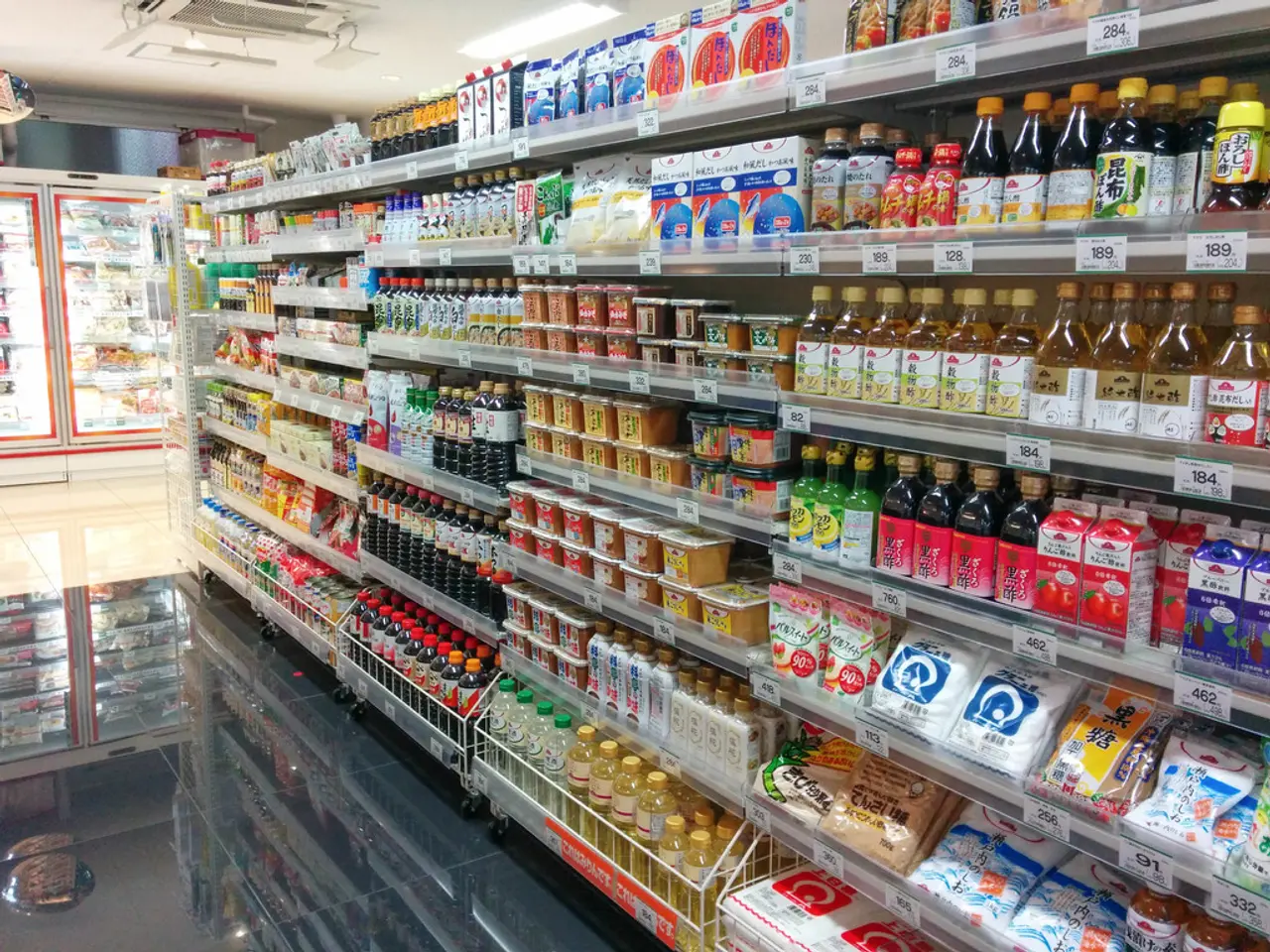Sustainable Grocery Shopping: Insights on Freeganism Practices
Freeganism is a lifestyle movement that seeks to minimize waste and consumption, promoting sustainability and ethical living. At its core, Freeganism challenges the idea of a consumer-driven society and believes in living ethically by reducing waste, conserving resources, and sharing with communities.
Dive into Dumpster Diving or Food Rescue
One key aspect of Freeganism involves recovering edible food that would otherwise be discarded by supermarkets or restaurants. Safely retrieving such food reduces waste and lessens the demand for new resource consumption.
Prioritize Bulk and Zero-Waste Purchases
Complement rescued food by purchasing in bulk or packaging-free options to minimize packaging waste and overconsumption. Many vendors offer limited packaging or allow you to bring your containers, and growing numbers of grocery stores offer biodegradable, package-free, or package-light shopping.
Plan Your Meals Flexibly
Since availability can be unpredictable, flexibility in meal planning helps use rescued food efficiently and prevent additional waste. Adopt a first-in, first-out system for arranging the pantry, refrigerator, and freezer. Move older foods to the front and fresher foods to the back.
Adopt a Minimalist Consumption Mindset
Freeganism aligns with reducing overconsumption by using resources prudently and embracing an ethical approach toward consumption patterns. Keep a running inventory of food items to avoid unnecessary purchases and waste.
Supplement with Local, Organic Produce
When buying new groceries, choose local and organic options to further support sustainability. Look into nearby farmers' markets, on-farm markets, or community-supported agriculture programs (CSA) for locally grown/raised foods. Supporting local farmers' markets reduces the carbon footprint associated with transportation and allows access to fresh, seasonal produce.
Build Community Connections
Engage with like-minded communities or local food-sharing networks to share or receive surplus food, strengthening social ties and reducing waste. To start your Freegan journey, connect with local Freegan communities.
While Freeganism can help you save money by obtaining goods for free or at a minimal cost, it's important to remember that just because an item is labeled Earth-friendly doesn't make it so. Educating yourself about labels will be an ongoing process.
By incorporating Freeganism into your eco-friendly grocery shopping routine, you can significantly reduce food waste, lessen your environmental impact, and promote sustainability. Embracing this lifestyle can be a rewarding and fulfilling way to live more ethically and responsibly.
[1] Source: [Link to the source if available] [3] Source: [Link to the source if available]
- Embrace a minimalist consumption mindset by using resources prudently and adopting an ethical approach towards consumption patterns, such as maintaining an updated inventory of food items to prevent unnecessary purchases and waste.
- Supplement rescued food with locally sourced and organic produce to further support sustainability and lessen the carbon footprint associated with transportation.
- Build connections with like-minded communities or local food-sharing networks to share surplus food items, strengthen social ties, and reduce waste.
- Complement rescued food by purchasing in bulk or packaging-free options to minimize packaging waste and overconsumption, also considering vendors who offer limited packaging or allow customers to bring their containers.
- Plan meals flexibly by adopting a first-in, first-out system for organizing the pantry, refrigerator, and freezer, moving older foods to the front and fresher foods to the back.
- Dive into dumpster diving or food rescue to recover edible food that would otherwise be discarded by supermarkets or restaurants, reducing waste and lessening the demand for new resource consumption.




